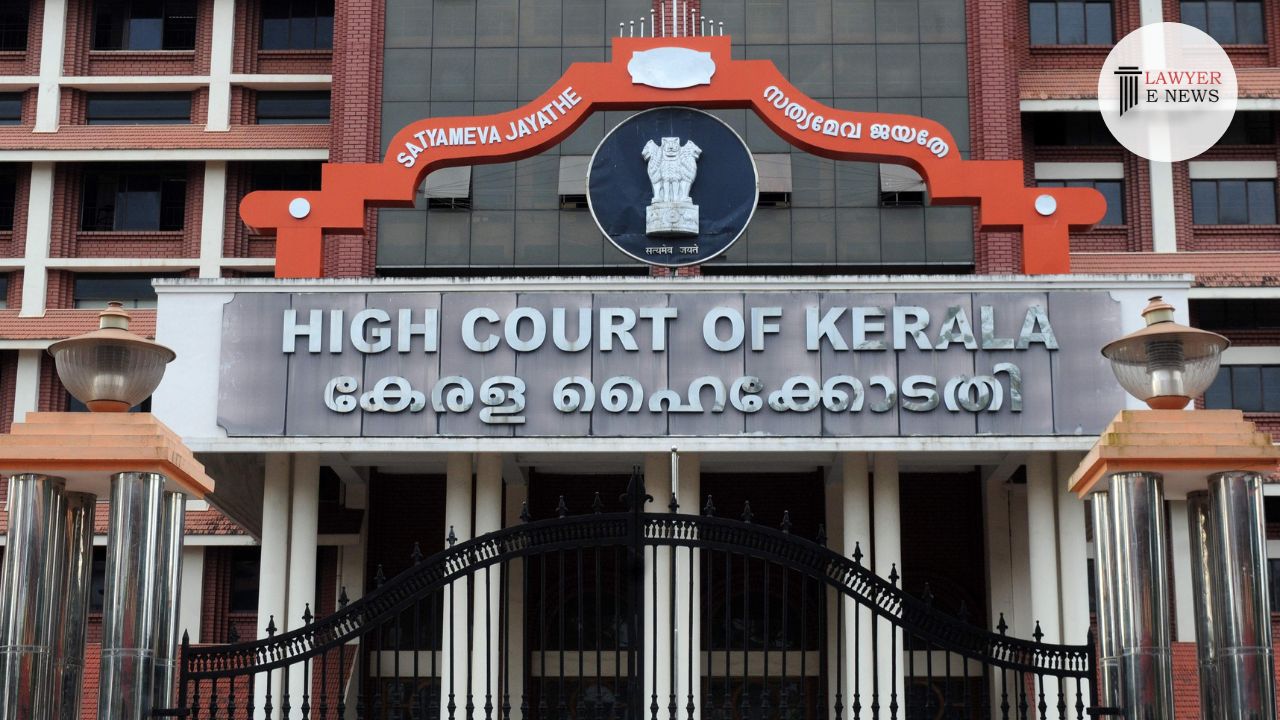-
by Admin
15 February 2026 5:35 AM



In a landmark judgment, the Kerala High Court today acquitted a couple previously convicted for the murder of their infant daughter. The pivotal legal observation by the Honorable Justices P.B. Suresh Kumar and Johnson John stated, "Act on body believed to be lifeless does not constitute culpable homicide," setting a significant precedent in criminal jurisprudence.
The appellants, Prathibha and Bashdev, were initially convicted by the Additional Sessions Court for offenses under Sections 302 and 201 read with Section 34 of the Indian Penal Code (IPC), pertaining to murder and the disposal of evidence. The case hinged on whether the act of disposing of a body, believed to be lifeless, could attract the offense of culpable homicide.
In the detailed judgment, the High Court meticulously analyzed the circumstances leading to the infant's death and the subsequent disposal of the body in the Arabian Sea. While the Sessions Court had found the couple guilty of murder and evidence disposal, it acquitted them of the grievous hurt charge.
The defense's main contention was the lack of knowledge about the infant's life at the time of disposal. The couple argued that they believed their child was already deceased, a point the prosecution contested. However, after evaluating the evidence and witness testimonies, the High Court found insufficient proof that the accused knew the child was alive when disposing of the body.
Referencing legal precedents and Section 299 of the IPC, the court concluded that an act performed on a body believed to be lifeless does not constitute culpable homicide. This interpretation was crucial in the decision to set aside the convictions.
As a result of this judgment, the accused couple was acquitted of all charges and ordered to be released forthwith, unless required in connection with any other case. This decision not only brings relief to the accused but also marks a significant moment in the legal landscape, addressing complex issues surrounding the interpretation of culpable homicide.
Date of Decision: 22nd November 2023
Bashdev VS State of Kerala Inspector of Police
